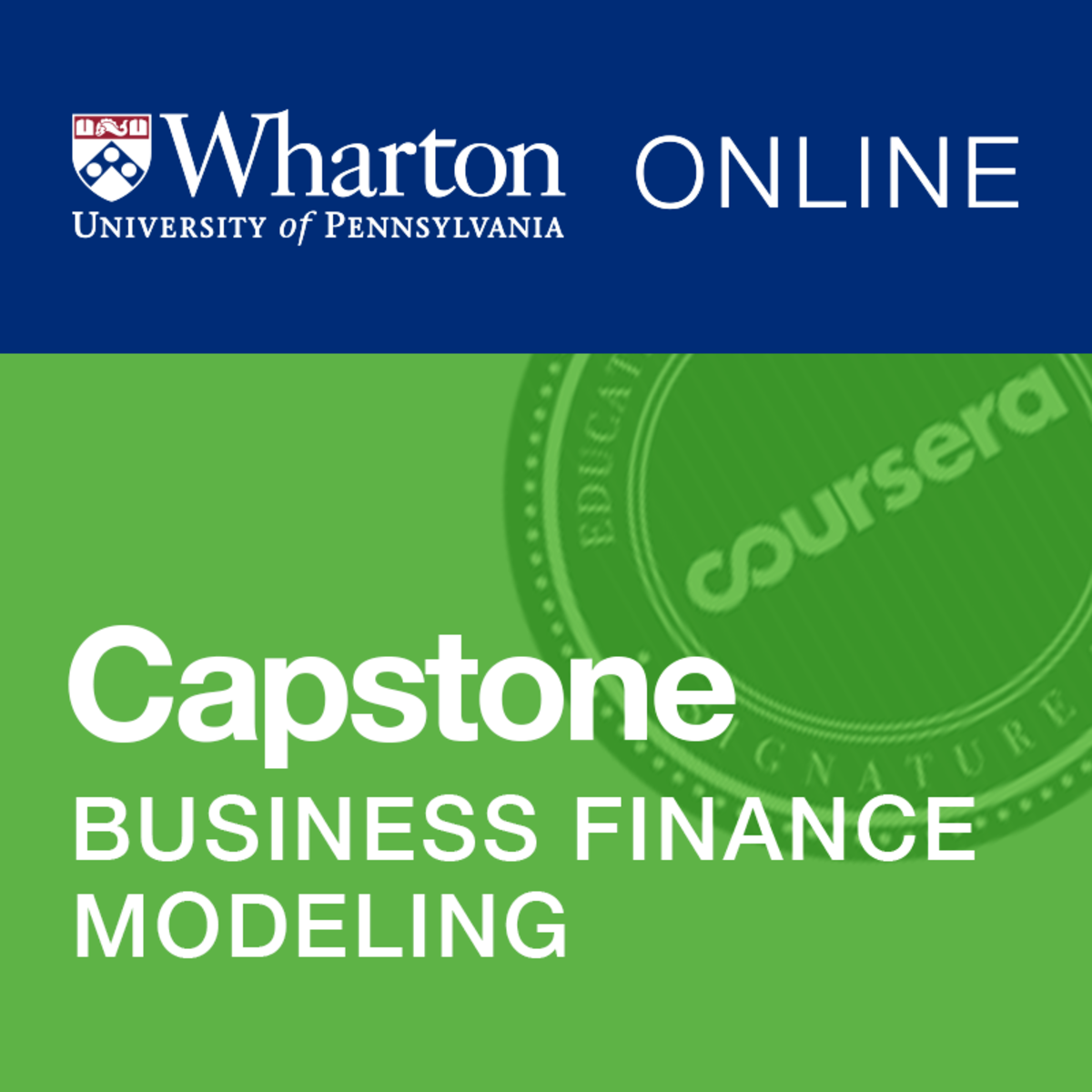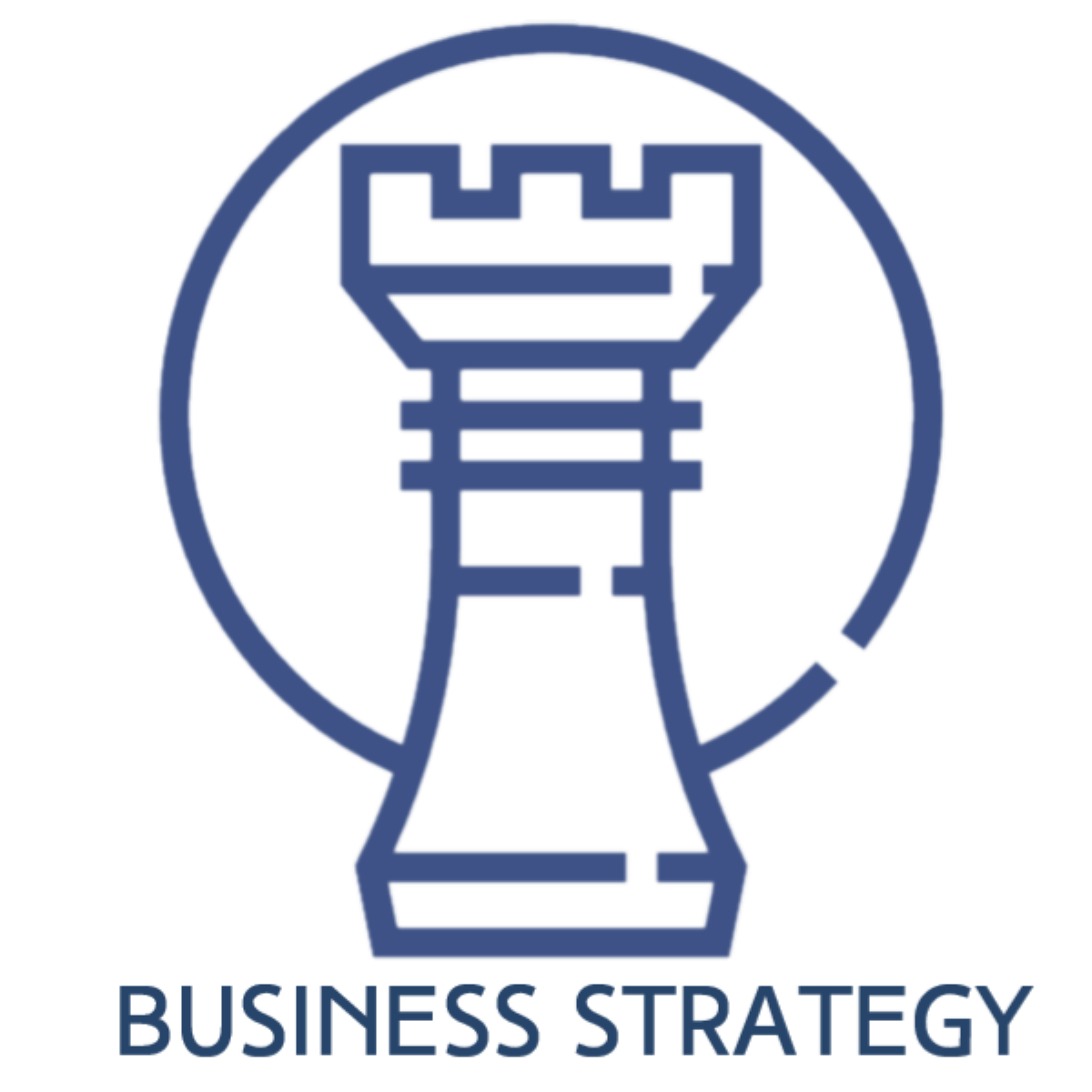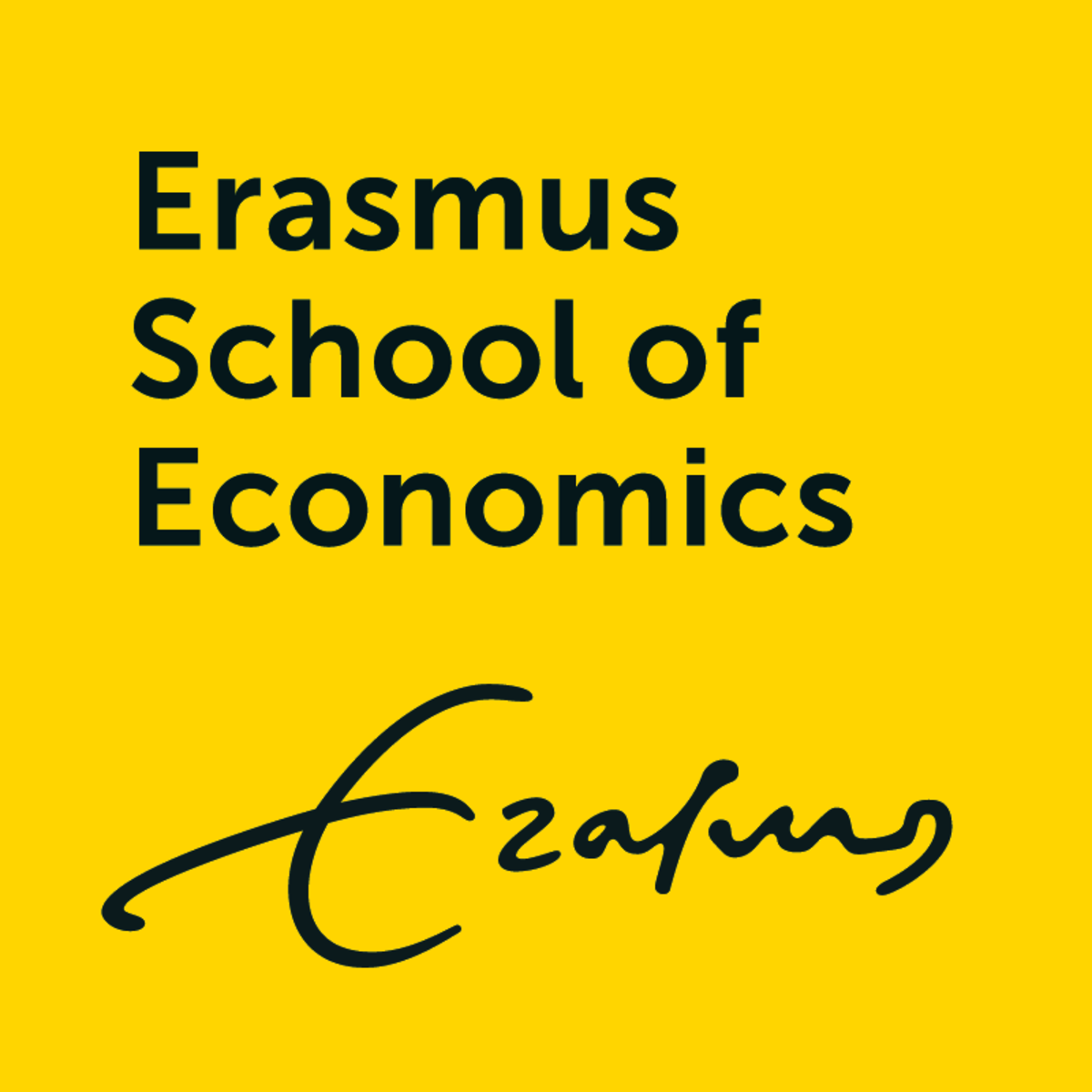Private Equity Investor
Embarking on a Career as a Private Equity Investor
Private equity (PE) investing involves acquiring ownership stakes in companies that are not publicly traded on a stock exchange. The primary goal is to improve these companies over a period, typically three to seven years, and then sell them for a profit. Think of it as buying a business, making it more valuable through strategic changes or operational improvements, and then selling it at a higher price.
This field offers a dynamic environment where investors engage deeply with businesses across various industries. The work often involves complex financial analysis, strategic decision-making, and negotiation. For those fascinated by how businesses operate and grow, and who possess strong analytical and interpersonal skills, a career in private equity can be intellectually stimulating and financially rewarding.
What Does a Private Equity Investor Actually Do?
Understanding the day-to-day reality of a career is crucial. Private equity investors wear many hats, balancing analytical rigor with strategic oversight and relationship management. Their responsibilities revolve around the lifecycle of an investment, from finding opportunities to realizing returns.
Sourcing Deals and Performing Due Diligence
The first step is identifying potential investment opportunities, known as deal sourcing. This involves networking with investment bankers, consultants, business brokers, and company executives. PE professionals sift through numerous potential deals to find companies that fit their fund's investment strategy and criteria.
Once a promising target is identified, the intense process of due diligence begins. This involves a thorough investigation into the target company's financial health, operations, market position, management team, and legal standing. Teams build detailed financial models to assess valuation and potential returns under various scenarios.
This phase requires sharp analytical skills, attention to detail, and the ability to synthesize vast amounts of information quickly. It's about uncovering risks and confirming the potential for growth and improvement before committing significant capital.
To develop the analytical skills needed for due diligence, consider exploring courses in financial analysis and valuation.
Understanding the core principles of valuation is fundamental. These books offer in-depth perspectives on assessing company worth.
Managing Portfolio Companies and Creating Value
After an investment is made, the work shifts to active ownership. Private equity firms don't just provide capital; they partner with the management teams of their portfolio companies to drive growth and operational improvements. This is the value creation phase.
Value creation strategies vary widely. They might include recruiting new leadership, optimizing pricing, expanding into new markets, streamlining operations, pursuing add-on acquisitions (buying smaller companies to merge with the portfolio company), or refinancing debt.
PE investors often sit on the boards of their portfolio companies, working closely with management to set strategic direction and monitor performance. This requires strong business acumen, strategic thinking, and effective communication skills to influence and guide company leadership.
Planning and Executing Exits
The ultimate goal of a private equity investment is a profitable exit – selling the improved company. Common exit routes include selling the company to another company (a strategic sale or trade sale), selling to another private equity firm (a secondary buyout), or taking the company public through an Initial Public Offering (IPO).
Exit planning often begins early in the investment period. PE professionals continuously assess market conditions and potential buyer interest to determine the optimal time and method for selling. Successfully executing an exit requires strong negotiation skills and understanding of market dynamics.
The exit marks the culmination of the investment lifecycle, where the value created translates into returns for the private equity fund and its investors (Limited Partners or LPs).
The Path to a Private Equity Career
Breaking into private equity is notoriously competitive. The industry typically seeks individuals with specific prior experience and a strong track record. Understanding the common pathways can help aspiring professionals plan their careers strategically.
Typical Pre-Private Equity Roles
The most traditional feeder roles into private equity are investment banking analyst positions and management consulting roles at top-tier firms. These roles provide rigorous training in financial analysis, modeling, deal execution (for banking), and strategic thinking (for consulting).
Investment bankers, particularly those in M&A or leveraged finance groups, develop the core technical skills (financial modeling, valuation, deal process management) that are directly applicable to PE. Consultants bring strategic problem-solving abilities and experience working with company management on operational improvements.
Other less common but possible entry points include roles in corporate development, transaction advisory services at accounting firms, or certain specialized finance functions. However, the vast majority of junior hires come from the banking and consulting pipelines.
Entry-Level Roles and Progression
The typical entry-level position after 2-3 years in banking or consulting is Private Equity Associate (sometimes called Analyst at certain firms). Associates are heavily involved in financial modeling, due diligence support, industry research, and monitoring portfolio companies.
These roles are demanding, characterized by long hours and high expectations for analytical rigor and work quality. Often, associates are hired on a two-year program, after which they might leave for business school (MBA), move to another firm, or potentially be promoted.
Promotion paths typically lead from Associate to Senior Associate, then Vice President (VP), Principal, and finally Partner or Managing Director. Progression depends on performance, deal experience, networking ability, and the firm's structure and needs. Each step involves increasing responsibility, from executing deals to sourcing them and leading investment teams.
These foundational books provide insights into the private equity world, valuable for understanding the career trajectory and industry dynamics.
Navigating the Transition: Encouragement and Reality
For those aiming to pivot into private equity, especially from non-traditional backgrounds, the path is challenging but not impossible. It requires deliberate effort to build relevant skills, gain transaction experience where possible, and network extensively.
Online courses can be invaluable for acquiring foundational knowledge in finance, valuation, and modeling. Platforms like OpenCourser offer access to a vast range of courses, allowing you to learn at your own pace and supplement your existing experience.
Be realistic about the steep competition and the preference for traditional backgrounds. However, persistence, demonstrable skills, and a compelling narrative about why you want to be in PE can open doors. Focus on roles or firms where your specific background (e.g., industry expertise) might be an advantage. Remember, even if a direct move isn't feasible immediately, building relevant skills enhances your career regardless.
Consider exploring courses focused on career development within finance.
Formal Education and Certifications
While experience often trumps formal education in hiring decisions, a strong academic foundation is typically expected in private equity. Specific degrees and certifications can enhance a candidate's profile.
Relevant Undergraduate Degrees
Undergraduate degrees in finance, economics, accounting, or business administration are most common among PE professionals. These programs provide the quantitative background and understanding of financial concepts necessary for the role.
However, degrees in engineering, mathematics, or other quantitative fields are also valued, especially if paired with relevant internships or early career experience in finance. Strong analytical and problem-solving skills are paramount, regardless of the specific major.
A high GPA from a top-tier university is often a screening criterion, reflecting the competitive nature of entry-level recruitment.
Building a solid foundation in finance is crucial. These courses cover essential concepts often taught in undergraduate programs.
The Role of MBAs and Specialized Master’s Programs
An MBA from a top business school has historically been a common step for those progressing in private equity, particularly for moving from Associate to VP level. An MBA provides advanced business knowledge, leadership training, and, crucially, access to a powerful alumni network for deal sourcing and career advancement.
However, the necessity of an MBA is evolving. Some firms promote high-performing associates without an MBA, especially if they demonstrate strong deal execution and sourcing capabilities. The decision often depends on the individual's career goals and the specific firm's culture.
Specialized Master's degrees (e.g., Master in Finance) can also be valuable, particularly for those entering the field or looking to deepen their technical expertise. These programs offer focused financial training relevant to PE roles.
Explore foundational finance concepts through these comprehensive books.
Professional Certifications: CFA and CAIA
Professional certifications like the Chartered Financial Analyst (CFA) or the Chartered Alternative Investment Analyst (CAIA) can bolster a candidate's credentials. The CFA charter is highly respected in the broader investment management industry and demonstrates mastery of investment analysis and portfolio management.
The CAIA designation focuses specifically on alternative investments, including private equity, hedge funds, and real assets. It signals specialized knowledge relevant to the PE industry.
While neither certification is typically a strict requirement for landing a PE job (unlike in some other finance roles), they can differentiate candidates, signal commitment to the field, and provide valuable knowledge, especially for those transitioning from different backgrounds.
Essential Skills and Qualifications
Success in private equity demands a unique blend of technical expertise, strategic insight, and interpersonal abilities. Mastering these skills is crucial for navigating the complexities of the investment lifecycle.
Financial Modeling and Valuation Expertise
At the core of private equity analysis is the ability to build complex financial models. Professionals must be adept at forecasting company performance, analyzing financial statements, and constructing models for various scenarios, particularly Leveraged Buyouts (LBOs).
Proficiency in Excel is non-negotiable. Valuation skills are equally critical, requiring familiarity with methods like Discounted Cash Flow (DCF), comparable company analysis, and precedent transaction analysis. Accurately valuing a business is key to making sound investment decisions.
These skills are often honed in investment banking or through dedicated training and practice. Online courses offer accessible ways to learn and refine these technical abilities.
These courses focus specifically on the modeling and valuation techniques essential in finance and private equity.
Further your modeling knowledge with these resources.
Negotiation and Stakeholder Management
Private equity involves constant negotiation – with sellers during acquisitions, lenders for financing, management teams for strategic alignment, and buyers during exits. Strong negotiation skills are vital for achieving favorable terms and maximizing returns.
Equally important is stakeholder management. PE investors interact with a wide range of parties, including portfolio company executives, board members, lawyers, accountants, consultants, and the fund's own investors (LPs). Building trust and managing these relationships effectively is crucial for smooth deal execution and successful portfolio management.
These interpersonal skills develop over time but require conscious effort and practice. Courses in negotiation and communication can provide valuable frameworks.
Sector-Specific Research and Commercial Acumen
While generalist funds exist, many private equity firms specialize in specific industries (e.g., technology, healthcare, consumer goods). Deep sector knowledge allows investors to better identify promising companies, understand industry trends, assess competitive dynamics, and identify relevant value creation opportunities.
Beyond technical skills, strong commercial acumen – a deep understanding of how businesses operate and make money – is essential. PE investors need to think like business owners, identifying strategic levers that drive growth and profitability.
Developing this expertise often involves dedicated industry research, attending conferences, and learning from experienced partners and portfolio company management teams.
Compensation and Lifestyle in Private Equity
Private equity is known for its demanding environment but also for its potentially lucrative compensation. Understanding both aspects is important for anyone considering this career path.
Salary Structures: Base, Bonus, and Carried Interest
Compensation in private equity typically consists of three main components: base salary, annual bonus, and carried interest ("carry"). Base salaries are competitive, often benchmarked against investment banking and consulting roles.
Annual bonuses are performance-based and can be substantial, often representing a significant percentage of the base salary. They reflect both individual contributions and the overall success of the firm or fund during the year.
The most significant component, particularly at senior levels, is carried interest. This represents a share (typically 20%) of the profits generated by the fund's investments, earned only after the fund returns the initial capital to its investors plus a predetermined minimum return (the hurdle rate). Carry aligns the interests of the PE professionals (General Partners or GPs) with their investors (LPs) but often vests over many years and is dependent on long-term fund performance.
Learn more about the structure and operations of private equity funds.
Work-Life Balance Challenges
The trade-off for high potential compensation is often a demanding lifestyle. Work hours in private equity, especially during active deals or portfolio company crises, can be long and unpredictable. Travel may also be required for due diligence or portfolio company board meetings.
While the intensity might fluctuate more than in investment banking (where deal flow can be relentless), the overall workload remains high. The pressure to generate strong returns and the responsibility associated with managing large sums of capital contribute to a high-stress environment.
Individuals considering this field should be prepared for significant demands on their time and energy. Finding a sustainable work-life balance can be challenging, though it may improve slightly at more senior levels compared to the associate years.
Geographic Compensation Variations
Compensation levels can vary based on geographic location. Major financial centers like New York, London, Hong Kong, and San Francisco typically offer the highest compensation packages due to the concentration of firms and higher cost of living.
Compensation in smaller regional markets or middle-market focused firms might be lower in absolute terms, though potentially still attractive relative to local costs. The size and performance of the fund also significantly impact compensation potential, particularly the carried interest component.
Industry Landscape and Trends
The private equity industry is constantly evolving, shaped by macroeconomic forces, regulatory changes, and shifting investor preferences. Staying abreast of these trends is crucial for professionals in the field.
Impact of Macroeconomic Cycles
Private equity performance is influenced by broader economic cycles. Interest rates affect the cost and availability of debt for LBOs. Economic growth impacts portfolio company performance and exit valuations. Market volatility can create both opportunities (lower entry prices) and challenges (difficult exit conditions).
Firms must adapt their strategies based on the prevailing macroeconomic environment. For instance, during periods of high interest rates, focus might shift towards operational improvements rather than purely financial engineering through leverage. According to a Bain & Company report, navigating higher interest rates and economic uncertainty remains a key theme for the industry.
ESG Integration and Regulatory Changes
Environmental, Social, and Governance (ESG) considerations are becoming increasingly important in private equity. Investors (LPs) are demanding greater focus on sustainability and responsible investing practices from the firms they back (GPs). PE firms are integrating ESG factors into their due diligence, portfolio management, and reporting processes.
The regulatory landscape is also evolving. Increased scrutiny from regulators globally focuses on areas like transparency, fees, and the potential systemic risks associated with the industry's growth. Firms need to navigate complex compliance requirements across different jurisdictions. A survey by EY highlights how ESG and regulation are shaping PE operations and strategy.
Growth of Secondary Markets and GP-Led Transactions
The private equity secondary market, where existing investors sell their fund stakes to new investors, has grown significantly. This provides liquidity for LPs who may need to exit investments before the fund's natural end.
Another major trend is the rise of GP-led secondaries, particularly continuation funds. In these transactions, a PE firm sells one or more assets from an older fund into a new, specially created fund managed by the same firm. This allows the firm to continue managing promising assets beyond the original fund's lifespan while offering liquidity options to existing LPs.
Explore the dynamics of private equity with these specialized resources.
These books delve into the nuances and advanced aspects of the private equity field.
Ethical Considerations in Private Equity
The private equity model, while focused on value creation, sometimes faces ethical scrutiny. Understanding these debates is important for a balanced perspective on the industry.
Job Impacts vs. Operational Improvements
A common criticism of private equity, particularly concerning LBOs, is that cost-cutting measures, including layoffs, are often used to boost profitability quickly. While operational efficiencies are a key part of the value creation playbook, the impact on employees can be significant.
The industry often counters that PE ownership leads to stronger, more competitive companies in the long run, ultimately preserving or creating more jobs than would otherwise exist. The debate centers on the balance between short-term restructuring impacts and long-term business health and growth.
Leveraged Buyouts and Debt Sustainability
Leveraged Buyouts inherently involve taking on significant debt to finance the acquisition. Critics argue that this high leverage can make portfolio companies financially fragile and vulnerable to economic downturns, potentially leading to bankruptcy.
Proponents argue that the debt imposes financial discipline and that PE firms are skilled at managing leverage appropriately. The focus is on ensuring the company's cash flows are sufficient to service the debt while still allowing for investment in growth. Responsible leverage levels and careful structuring are key ethical considerations.
Transparency and Alignment of Interests
Historically, private equity has been a relatively opaque industry. Concerns sometimes arise regarding the transparency of fees charged by GPs to LPs and potential conflicts of interest in transactions.
Industry standards and regulatory pressures have pushed for greater transparency in reporting and fee structures. Ensuring alignment between the interests of the PE firm (GP) and its investors (LPs) remains a core principle, often managed through fund agreements and governance structures.
Frequently Asked Questions about a Private Equity Career
Navigating the path to a private equity career often raises many questions. Here are answers to some common queries.
Is prior investment banking or consulting experience mandatory?
While not strictly mandatory, experience in investment banking (especially M&A or Leveraged Finance) or top-tier management consulting is the most common and preferred background. These roles provide the technical skills and analytical rigor PE firms seek. Transitioning from other fields is possible but significantly more challenging and often requires demonstrating equivalent skills and networking heavily.
How competitive are private equity internships and entry-level roles?
Extremely competitive. Private equity firms hire very selectively, typically recruiting small classes of associates from a large pool of highly qualified candidates, primarily from investment banking and consulting analyst programs. Internships are even rarer and usually target students already on a finance track at top universities.
Can one transition into PE from non-finance roles?
Yes, but it's difficult and less common. Success often depends on having deep expertise in a specific industry that a PE firm focuses on (e.g., an operational role in healthcare for a healthcare-focused fund). Even then, acquiring the necessary financial modeling and transaction skills, often through self-study or courses, and networking effectively are crucial. An MBA can sometimes facilitate such transitions.
Platforms like OpenCourser provide access to courses that can help bridge skill gaps. The OpenCourser Learner's Guide offers tips on structuring your learning journey.
What industries do PE firms typically target?
Private equity firms invest across nearly all industries. Some are generalists, while others specialize in sectors like technology, healthcare, consumer/retail, industrials, financial services, or energy. Target companies are often mature businesses with stable cash flows, though growth equity (a subset of PE) focuses on earlier-stage, high-growth companies.
How does PE differ across regions (US, Europe, Asia)?
While core principles are similar, regional differences exist. The US has the largest and most mature PE market. European PE often involves more cross-border transactions and navigating diverse regulatory environments. Asian PE is rapidly growing but varies significantly by country, with unique cultural and market dynamics influencing deal-making.
What are common exit opportunities from PE?
After working in private equity for several years, professionals have various exit options. Common paths include moving to another PE firm (often larger or smaller, or specialized), joining a hedge fund, taking a corporate development or strategy role at a company (sometimes a former portfolio company), starting their own investment firm or business, or moving into venture capital.
Building Your Foundation with Online Learning
Whether you're a student exploring options, a professional seeking to pivot, or already in finance aiming for PE, online learning offers powerful tools. You can acquire foundational knowledge, deepen technical skills, or explore specialized topics at your own pace.
Platforms like OpenCourser's Finance & Economics section provide curated access to courses covering everything from basic accounting and corporate finance to advanced financial modeling, valuation, LBO analysis, and investment strategies. You can use these resources to supplement formal education, prepare for interviews, or build the skills needed for a career transition.
Consider creating a structured learning path using OpenCourser's features, such as saving courses to a list via the "Save to List" button. This allows you to build a personalized curriculum tailored to your goals. Remember that demonstrating initiative through self-directed learning can be a positive signal to potential employers in this competitive field.
These introductory courses can help build a strong base in finance and business concepts relevant to private equity.
These books offer comprehensive overviews and practical insights into the private equity industry.
The Private Equity Interview Gauntlet
The interview process for private equity roles is notoriously rigorous and multi-staged. It's designed to test technical skills, commercial judgment, and personal fit under pressure. Preparation is absolutely critical.
Early rounds often involve screening interviews and online assessments. Subsequent rounds typically include technical questions covering accounting, finance, valuation, and LBO mechanics. Candidates should expect detailed questions testing their understanding of financial statements and corporate finance concepts.
A key component is the modeling test or "paper LBO." Candidates might be given several hours to build an LBO model from scratch in Excel based on provided company information, or asked to walk through the mechanics of an LBO conceptually without a computer. Accuracy, speed, and clear thinking under pressure are essential.
Case studies are also common. These might involve analyzing a potential investment opportunity, assessing a portfolio company's situation, or presenting an investment thesis. Interviewers look for structured thinking, commercial insight, and the ability to defend assumptions.
Finally, fit interviews assess motivation, personality, communication skills, and alignment with the firm's culture. Be prepared to articulate clearly why you want to work in private equity and at that specific firm. Success requires months of dedicated preparation, including technical review, modeling practice, mock interviews, and deep research on the firms you're targeting.
ELI5: How Does Private Equity Make Money (Especially with LBOs)?
Imagine you want to buy a local business, like a popular pizza shop, that you think you can make even better. But you don't have enough money to buy it outright. This is where a Leveraged Buyout (LBO) comes in, a common tool in private equity.
First, you (the private equity firm) put down some of your own money (equity). Then, you borrow a lot more money (debt or leverage) to cover the rest of the purchase price, similar to getting a mortgage to buy a house. You use the pizza shop's own assets and future profits as collateral for the loan.
Now you own the pizza shop. Your goal is to make it more profitable over the next few years. Maybe you add online ordering, improve marketing, negotiate better prices for ingredients, or open another location. These improvements increase the shop's earnings (often measured by EBITDA - Earnings Before Interest, Taxes, Depreciation, and Amortization).
As the shop makes more money, you use some of that cash flow to pay down the debt you borrowed. Just like paying down your mortgage, this increases the amount of the business you truly own (your equity stake grows).
After a few years, the pizza shop is bigger and more profitable. You decide to sell it. Because it's earning more, buyers are willing to pay a higher price than you originally did. Also, since you've paid down some debt, more of the sale price goes directly into your pocket (and to your investors). The combination of increased earnings, debt paydown, and potentially selling at a higher valuation multiple creates the profit for the private equity firm.
A career as a Private Equity Investor offers significant intellectual challenges and potential financial rewards, but demands exceptional analytical ability, strategic thinking, resilience, and dedication. It requires navigating complex financial transactions, driving operational improvements in businesses, and managing diverse stakeholder relationships. While the path is demanding and highly competitive, particularly entry, those with the right skills, preparation, and determination can find it a deeply engaging and impactful profession within the world of finance and business.





















